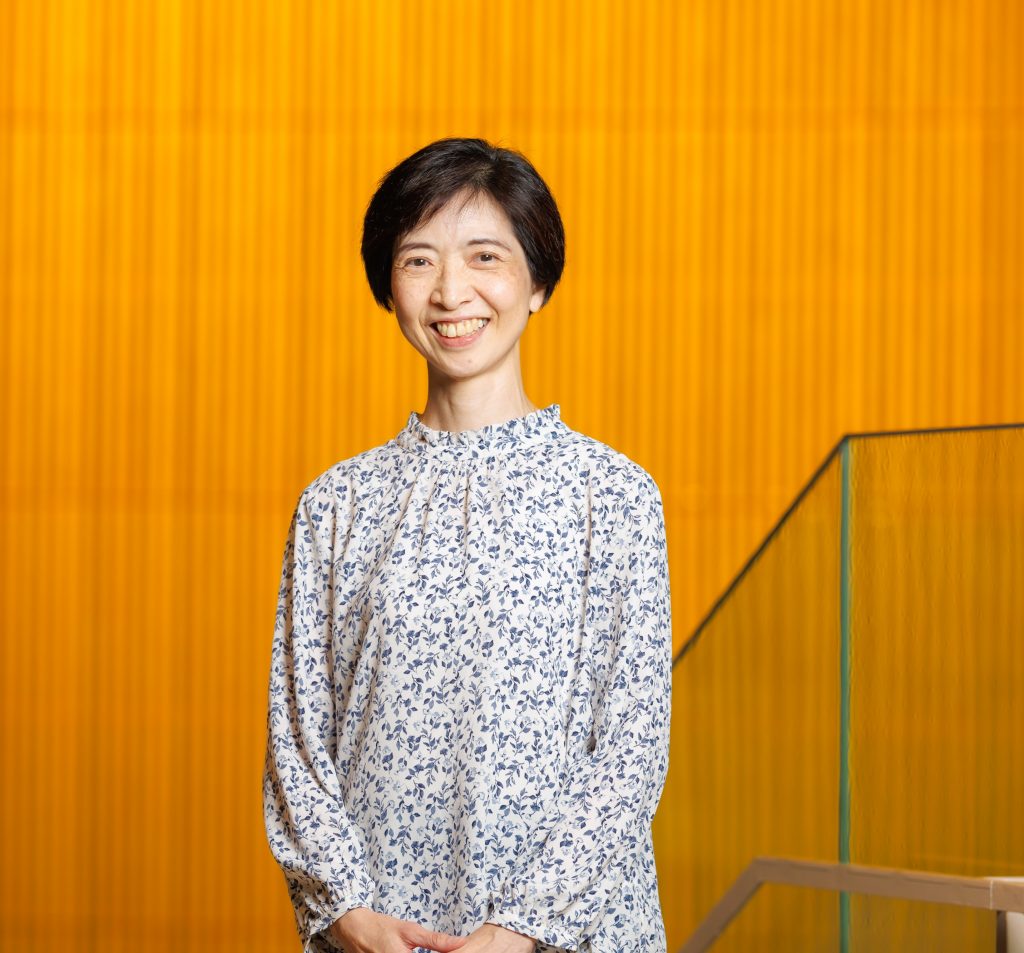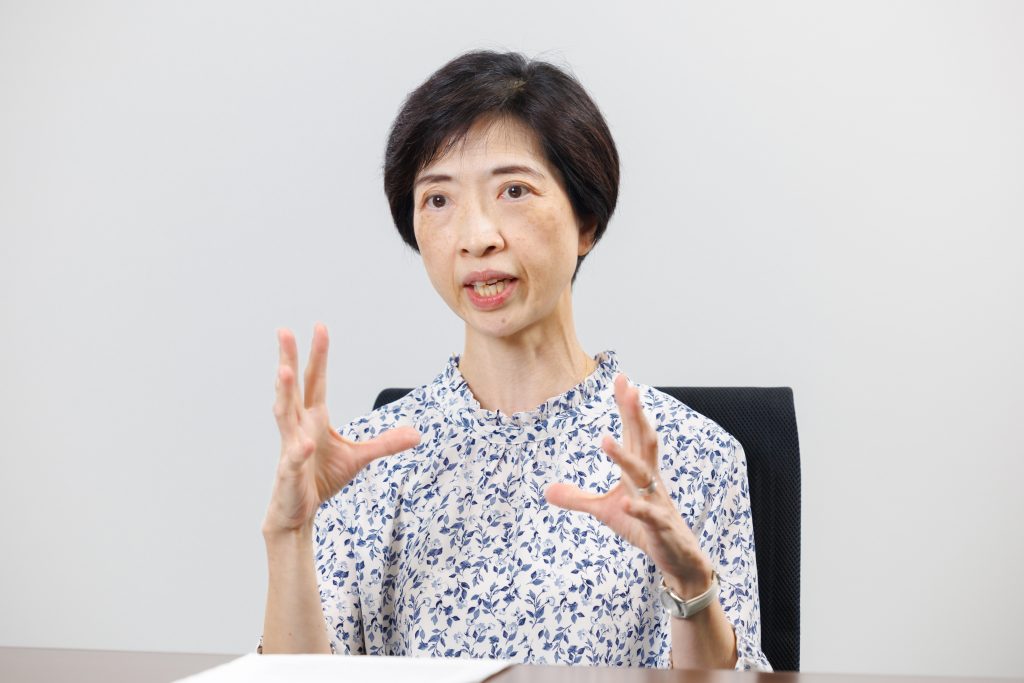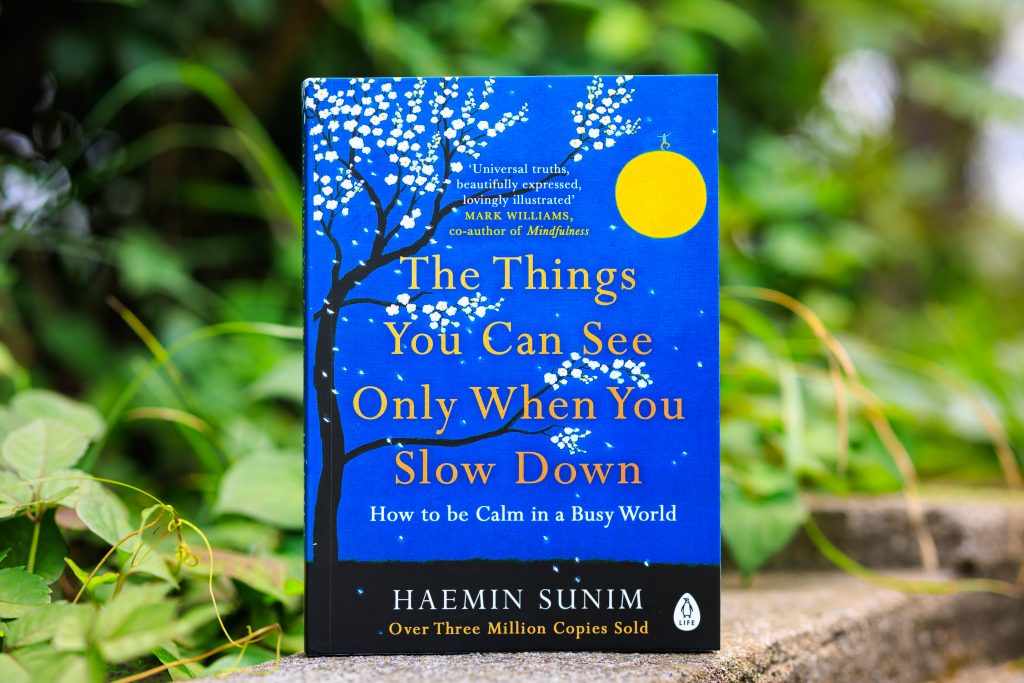
Associate Professor Maria Manzon of the Faculty of Human Sciences specializes in comparative education. As a core faculty member of the Sophia Program for Sustainable Futures (SPSF), she examines educational systems through religious, spiritual, and philosophical lenses, including how these impact education for sustainable futures. Core values, such as respect for human dignity, care for others and nature, which are foundational to religions and spiritualities, are essential for education for sustainable futures. She believes it is critical to share Asia’s unique harmony in diversity with the world, a mission that Sophia University is well positioned to pioneer.
My expertise is in comparative education. We examine educational patterns, models, ideas and issues, exploring the interconnectedness between local and international systems. Educational systems are a unique blend of local cultures and international influences. Educational ideas travel globally and are adapted by local systems, which are shaped by their unique cultures and traditions.
The Sustainable Development Goals (SDGs) are gaining importance amid challenging global issues such as the climate crisis and wars. In the quest for peace and well-being, education plays a key role in laying the foundations for a sustainable and harmonious world. Holistic education nurtures attitudes and values that lead to personal development in communion with others and with the surroundings. However, education has often been instrumentalized as a means for economic growth and individual prosperity. Education without a soul and economic competitiveness without ethics have contributed to the current world crises.
Connecting Comparative Religions with Sustainability Education

My research examines comparative religions to rediscover core values fostering care for nature and human dignity, and their implications on human-to-human and human-to-environment interactions. Religions are rich repositories of wisdom for understanding peace, human dignity, and environmental sustainability. Major education systems can be grouped through the lens of civilization based on religious worldviews. Through interreligious dialogue, I aim to connect these sources of wisdom with education for sustainability, thereby providing it with a solid and deeper foundation.
Currently, the approach for the Sustainable Development Goals (SDGs) is often policy-orientated. However, sustainability is not only about reducing carbon emissions, but also about creating a caring environment where everyone is respected. Value systems such as love for nature and people, nurtured by religions may deeply motivate sustainable behaviors more than policy incentives or penalties. Respect for human dignity is a starting point for sustainability. I examine how these value systems are translated to environmental education.
In major religions and philosophies such as Buddhism, Christianity, Confucianism, Hinduism, and Islam, we find values such as equality, respect and care for others. Shinto’s belief in the existence of gods (kami) in everything forms the basis of treating food, objects and people with respect. Both Islam and Christianity share the concept of stewardship, where humans are seen as carers of other humans and of the universe. Unfortunately, these concepts are often lost in education because most education systems are secularized. In order for education for sustainable development to be genuinely transformative, these spiritual or philosophical perspectives need to be recovered.
There is a growing trend globally, both in academic and policy circles, on the significance of a religious, spiritual, moral lens in addressing sustainable futures. In academia, researchers in sustainability science, comparative education, sociology of religion, and ecology recognize the importance of religious wisdom for tackling the climate crisis. Policy forums such as UNESCO, are addressing the roles of religious values to overcome conflicts. Education is vital for peacebuilding through intercultural understanding, and religious literacy is essential for genuine intercultural understanding. Japan is also enhancing an educational and research environment of intercultural understanding through the J-MIRAI (Japan – Mobility and Internationalisation: Re-engaging and Accelerative Initiative for Future Generations).
Sophia University Is Well Positioned To Be A Pioneer Research Center in Asia
Most world religions originated in Asia, which has unique stories of harmony in diversity, dialogue of civilizations, indigenous traditions and spiritualities, and their positive contributions to education for sustainable futures. In Asia, religions and spirituality are embedded in culture, promoting harmony in diversity and an inclusion of different faiths. The link between religion and ecology, and religion and education are rather well-established in Western scholarship. The uniqueness of Asian approaches to religions should be shared with the world. My research importantly aims to make Asian voices heard.
My vision is for Sophia University to become a pioneer in Asian-based research on comparative religions and education for sustainability by establishing an international and interdisciplinary research platform. Located in the region, Sophia University is well positioned for this role because of its tradition of embracing diverse cultures and spiritualities. Through education, we can teach attitudes and values that can transform into behaviors, fostering a global community that values sustainability and inclusivity.
The book I recommend
“The Things You Can See Only When You Slow Down”
By Haemin Sunim, Published by Penguin Life

I recommend it to people of all generations. The author, a Korean Buddhist, discusses the importance of silence, reflection, and awe to “see” how blessed we are and to be grateful. He also gently leads us to be open-minded and live wisely and harmoniously in dialogue with other cultures and spiritualities.
-
Maria Manzon
- Associate Professor
Department of Education
Faculty of Human Sciences
- Associate Professor
-
Maria Manzon is originally from the Philippines. After completing her BS in Business Administration and Accountancy at the University of the Philippines, she worked as a financial analyst in Hong Kong. Subsequently, she studied philosophy and theology in Rome, Italy. Back in Hong Kong, she studied Chinese (Cantonese), and later earned her Master’s in Comparative Education and PhD in Education from the University of Hong Kong, where she served as a lecturer. She subsequently worked as a research scientist at the National Institute of Education in Singapore, and later as an assistant professor at the Education University of Hong Kong. In 2019, she joined Sophia University as Associate Professor.
- Department of Education
Interviewed: July 2024